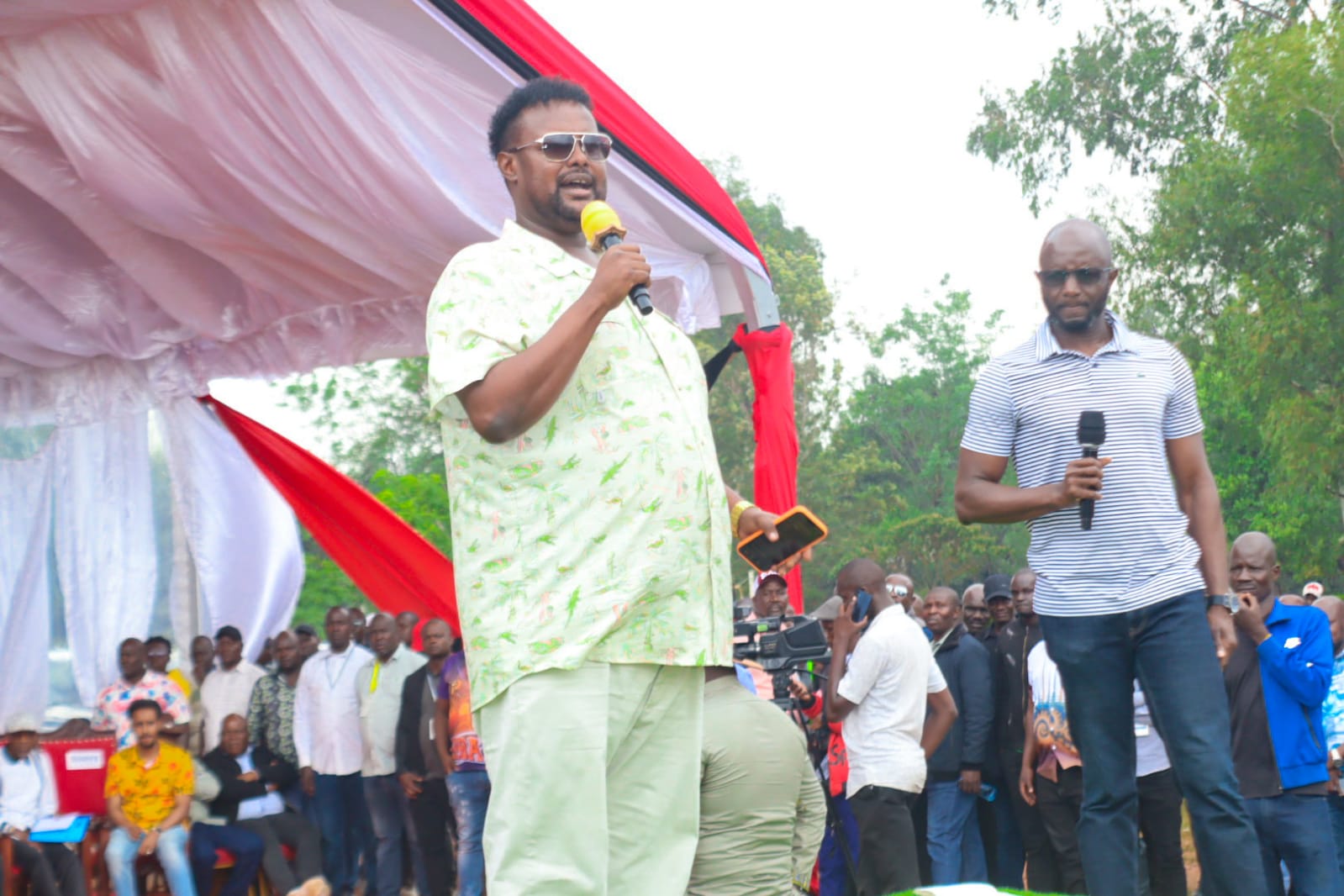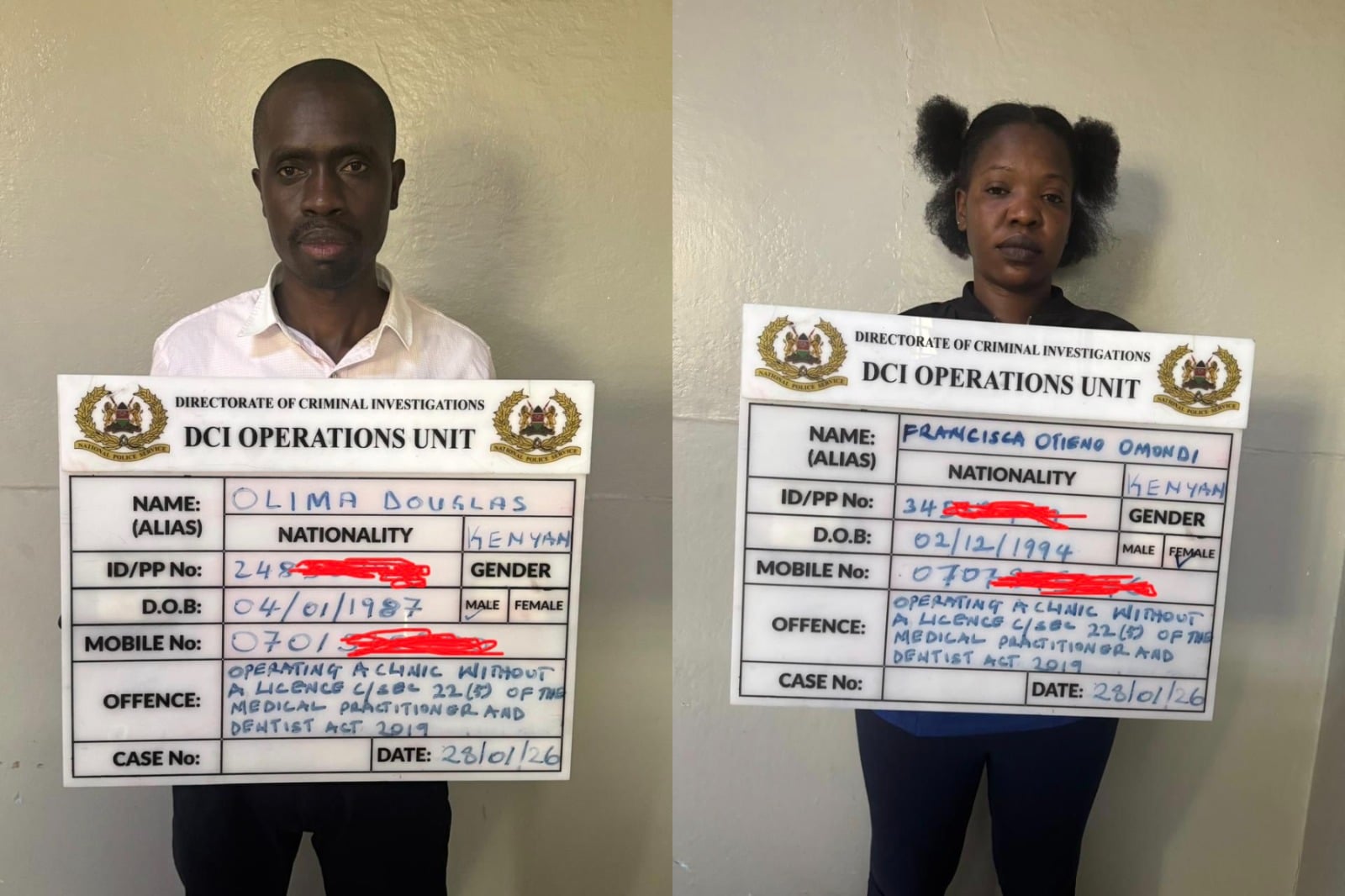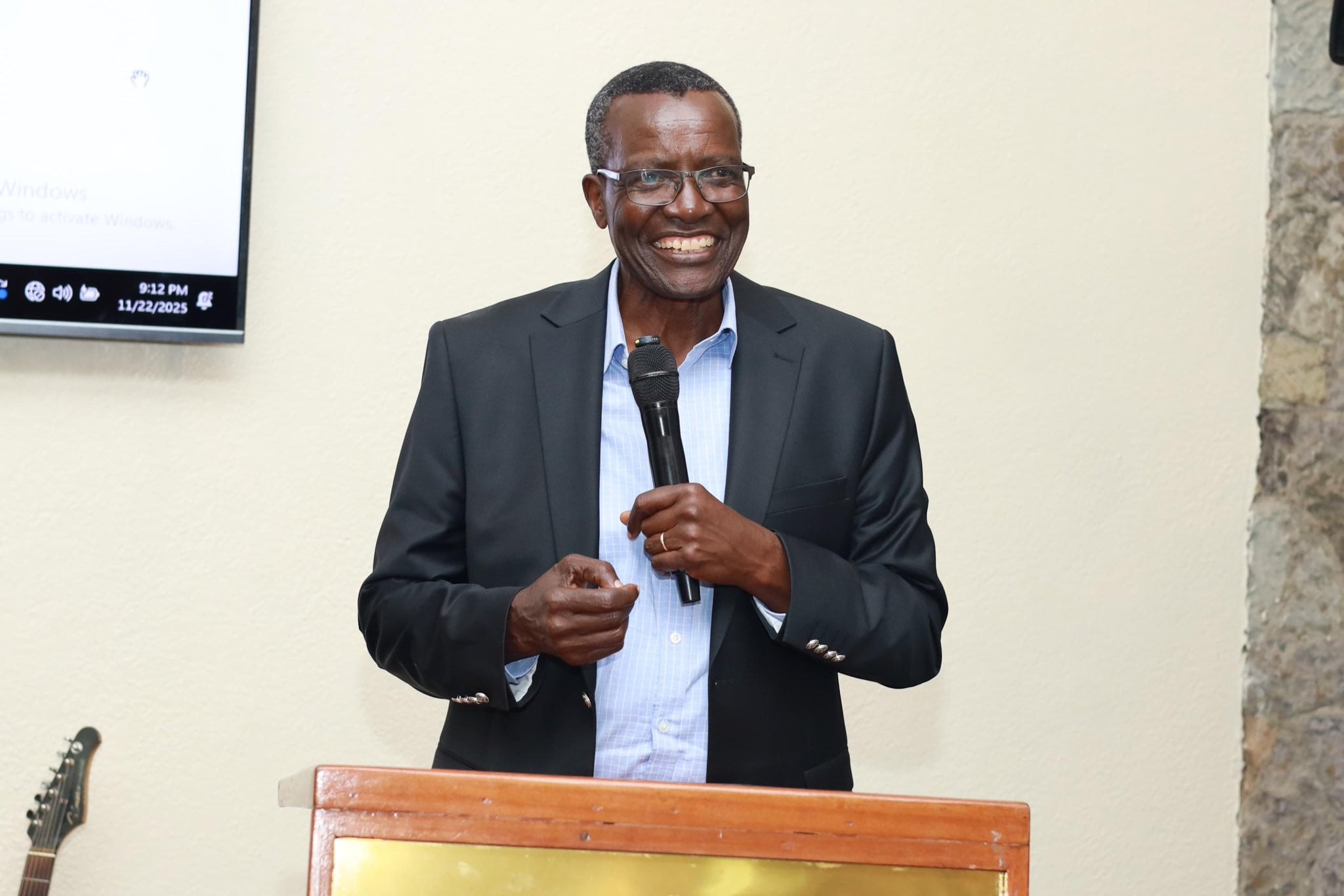The Judiciary has announced plans to conduct an institution-wide Employee Census on Thursday, October 30.
In a statement, Chief Justice Martha Koome said the census is part of the Judiciary’s effort to maintain the integrity of its institutional data and support continuous improvement in its operations.
She explained that the initiative builds on past reforms intended to promote transparency and accountability within the Judiciary’s systems.
"The Judiciary has, over the years, embraced a culture of proactive and continuous improvement in its operations, with a strong commitment to maintaining the integrity of its institutional data.
"In November 2021, the Judiciary invited the Ethics and Anti-Corruption Commission (EACC) to conduct a systems review and audit of its policies, procedures, and practices. This initiative sought to identify and strengthen measures that promote integrity and accountability within the institution," she said.
Read More
Koome insisted that accurate and reliable data remains essential for effective decision-making and management of the Judiciary’s human capital.
"In the same spirit of proactive reform and in pursuit of a transformative approach to human capital management and development, the Judiciary recognises that accurate and reliable data is essential for effective decision-making.
"To this end, the Judiciary will conduct an institution-wide Employee Census on Thursday, 30th October 2025," she added.

According to Koome, the upcoming census is designed to enhance the Judiciary’s operational effectiveness and ensure that all staffing decisions are based on accurate, up-to-date information.
"The Census aims to strengthen human capital management, enhance institutional planning, support staff rationalisation, and optimise resource allocation.
"It will ensure that human resource systems are efficient, transparent, and aligned with the strategic priorities of the Social Transformation through Access to Justice (STAJ) blueprint, thereby enabling effective planning, talent management, staff welfare, and equitable resource distribution across all court stations and administrative units," she further said.
Koome added that the last such exercise was carried out in 2018 and that similar initiatives have been adopted by other government agencies.
"The Judiciary last conducted a similar exercise in 2018. Comparable initiatives have also been implemented by the Public Service Commission (PSC), the Teachers Service Commission (TSC), the National Police Service Commission (NPSC), and several County Governments to improve efficiency, accountability, and governance in human resource management," she noted.
Koome assured court users and the general public that judicial operations would not be affected by the upcoming census.
"The Judiciary assures court users, advocates, and the public that the exercise has been organised to ensure minimal disruption to judicial proceedings. Court operations will continue as scheduled," she concluded.
Elsewhere, earlier in the month, Public Service Cabinet Secretary Geoffrey Ruku announced a crackdown targeting human resource officers accused of tax evasion, corruption, and manipulation of employment records.
Speaking on Sunday, October 12, the CS revealed that the Ministry has uncovered worrying cases involving human resource officials allegedly aiding some government employees to bypass tax obligations and remain on the payroll illegally.
Ruku stated that those implicated in the scheme will be dealt with decisively, emphasizing that no one will be spared in the pursuit of justice.
"We have identified disturbing trends where certain HR officials are helping individuals evade taxes and manipulate official records to remain in service illegally. Those involved will be prosecuted and face the full force of the law," he said.
Ruku revealed that the Ministry will collaborate with the Ethics and Anti-Corruption Commission (EACC) to investigative and ensure accountability
"We will be working very closely with the EACC to ensure taxpayers’ money is protected and that the public service becomes a model of merit, not a haven for corruption," he added.

-1769672934.jpg)




